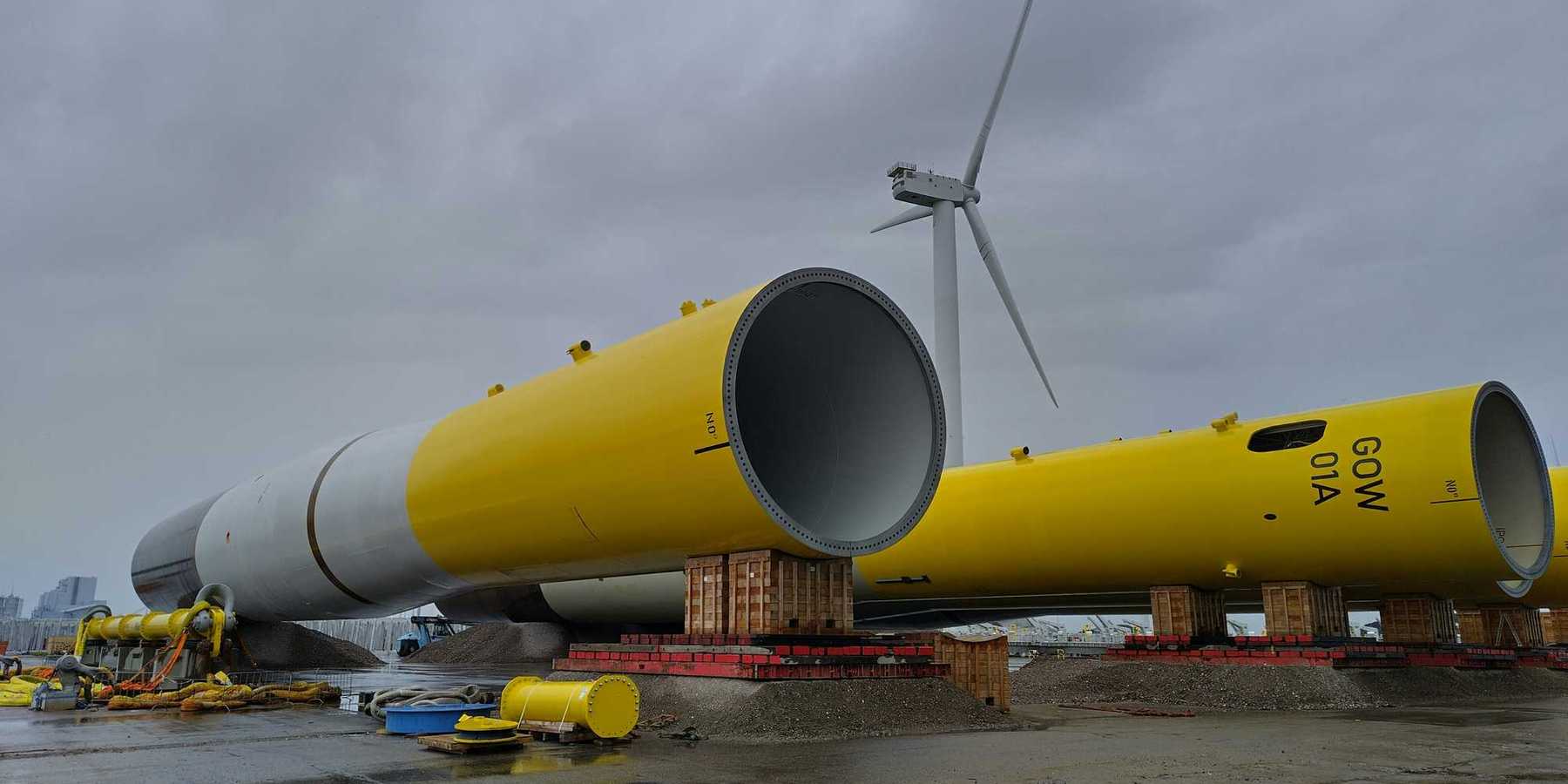www.wired.com
06 July 2020
The epic Siberian journey to solve a mass extinction mystery
A quarter-billion years ago, huge volcanic eruptions burned coal, leading to the worst extinction in Earth’s history. Here’s how scientists hunted down the evidence.













